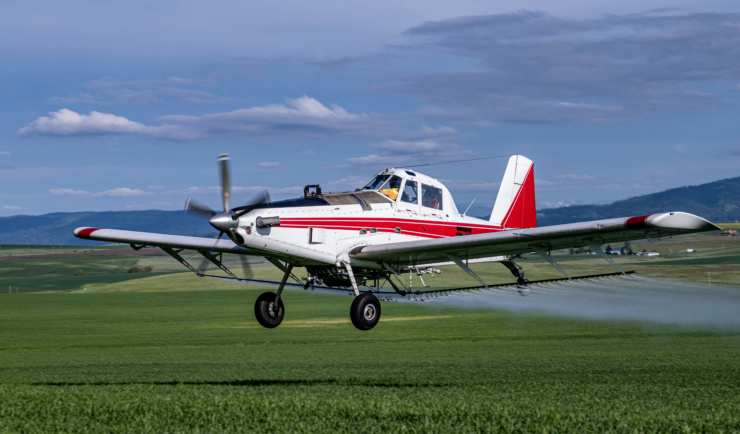- CSS News
- Safety, Health, & Environmental Compliance
Expanding our Waste Management Contract

We’ve recently expanded our waste management contract with the Centers for Disease Control and Prevention (CDC). Our staff now support CDC in Fort Collins, Colorado. As part of this project, our employee owners ensure hazardous waste from laboratories and florescent and halogen light bulbs is managed, stored, and disposed of properly.
For over 13 years our personnel have supported CDC’s waste management division. This new contract expands upon existing contracts with CDC facilities in Fort Collins, Puerto Rico, and Atlanta, Georgia. Our highly experienced teams have trained laboratory staff in handling hazardous waste materials, including spill clean-up and decontamination protocols. We also train CDC staff in satellite waste accumulation and CDC’s online waste ticketing system. In addition, our staff have received high praise from the client for their organization, efficient management, and safe handling of hazardous waste.

See More CSS Insights

Contributing to Wind Energy Area Designations
The Bureau of Ocean Energy Management (BOEM) recently announced two Wind Energy Areas (WEAs) in the Gulf of Mexico. The WEAs are located off the coasts of Galveston, Texas, and Lake Charles, Louisiana and have the potential to power nearly three million homes. BOEM collaborated with the National Oceanic and Atmospheric Administration (NOAA) to identify…

Evaluating Chemical Transfer from Pregnant and Nursing Animals
CSS scientists supporting the Environmental Protection Agency’s Office of Pesticide Programs are reviewing modeling data that evaluates the potential for transfer of chemical residues from pregnant and nursing animals to fetuses and infants. The vast majority of data come from pharmaceuticals, but staff are reviewing some data from pesticides and other environmental contaminants as well.…

Managing a Highly Viewed YouTube Channel
For more than 20 years we have supported the National Center for Biotechnology Information (NCBI), which is part of the U.S. National Library of Medicine. Our staff manage the NCBI section of the National Library of Medicine YouTube channel, which has over 73,000 subscribers. One video tutorial our staff developed was to help users understand…
